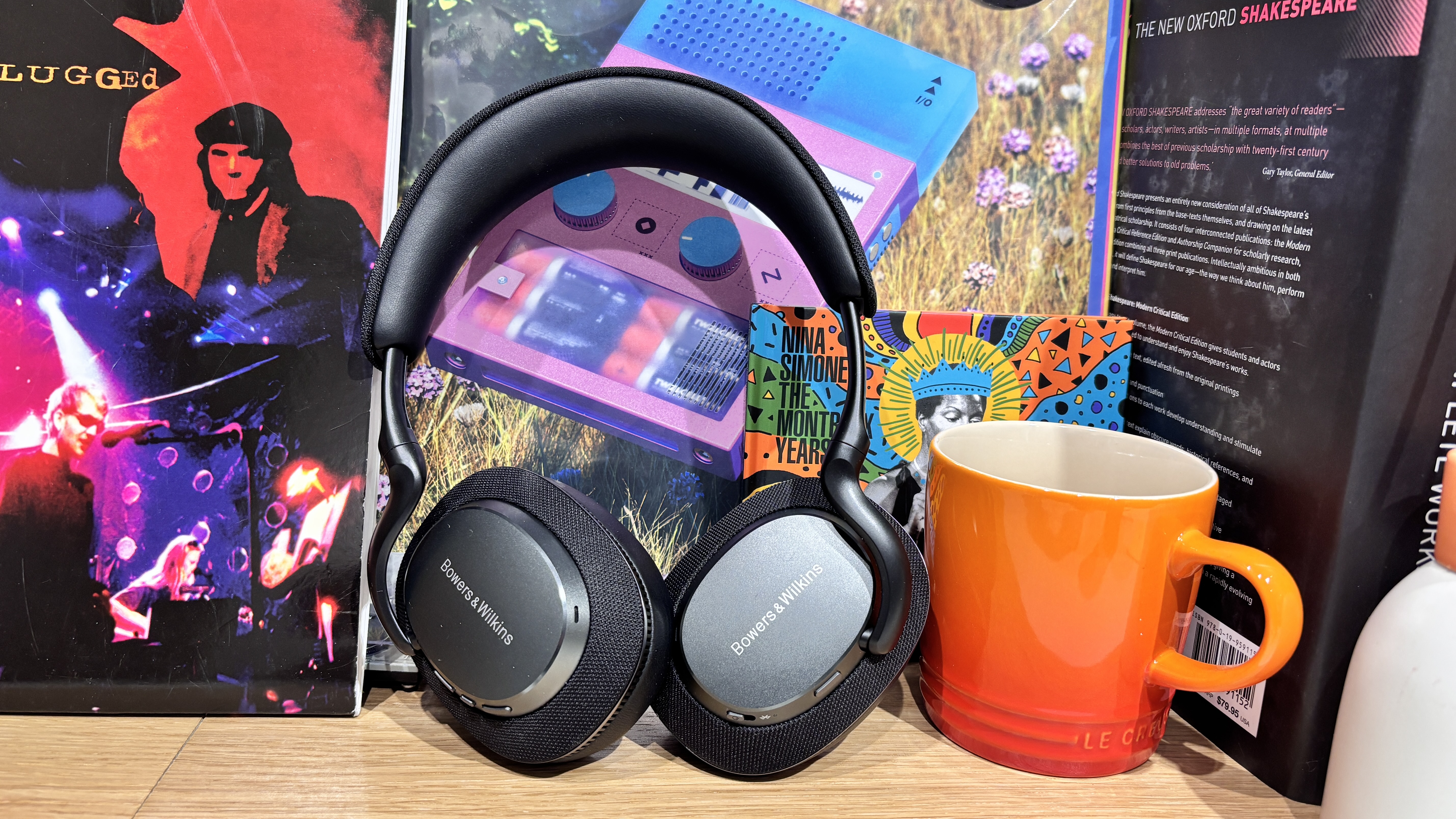Best premium music streaming system under £4000
If you can commit the cash, this is a system to make all of your digital music shine.
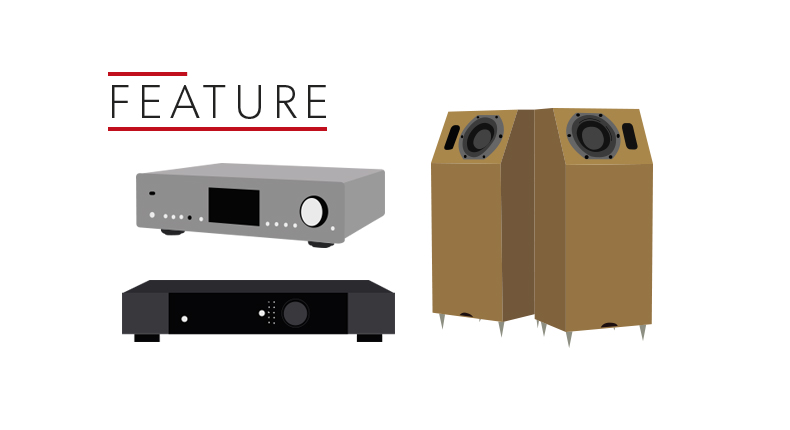
We doubt many people reading this won't notice four grand disappearing from their savings, so performance gains here really need to be matched by versatility improvements too.
The system
Cambridge Audio Azur 851N £1400
Rega Elex-R £900
Neat Iota Alpha £1385
Get the What Hi-Fi? Newsletter
The latest hi-fi, home cinema and tech news, reviews, buying advice and deals, direct to your inbox.
Total build = £3685
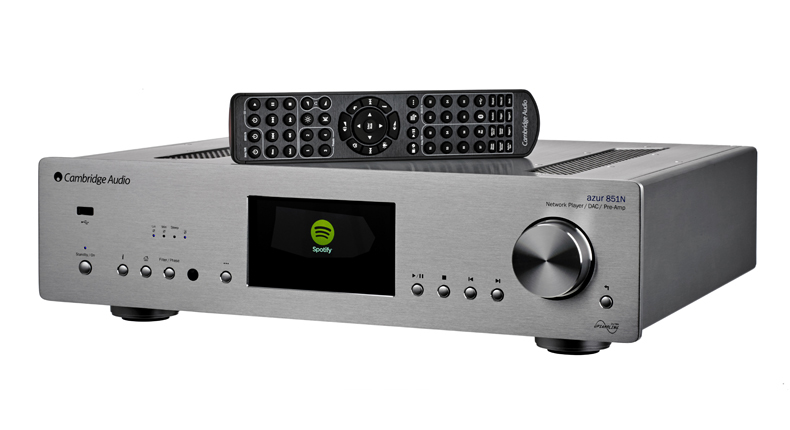
Happily, the Cambridge Audio Azur 851N has us covered in both senses. As well as its full-bodied, spacious sonic performance, the Azur 851N doubles as a preamplifier and can hook straight into a power amp thanks to a volume output controlled by a 32bit Blackfin digital signal processor.
Music signals pass through two 24bit Analog Devices DACs in dual differential mode, meaning each stereo channel processes information separately for, Cambridge says, greater accuracy.
Connections are greater in number too – it adds second coaxial and optical and third USB inputs, as well as an AES/EBU input – and in terms of build it’s more Hulk than Popeye to look at.
It just about outdoes its little brother, the £700 CXN, in every way - as flagships really should do - serving you remarkably entertaining and versatile performance.
The CXN’s muscular, full-bodied presentation, powered by enthusiastic drive, bone-rattling punch and class-leading insight, is present in the Azur 851N - but everything is delivered with extra helpings of expression and dynamic skill, not to mention extra space and openness.
It’s prompt, decisive and quick on its feet with fluctuating tempos too - rhythmic cadence and precision really comes to the fore. Balance, punch and depth down low and sparkling bite up top frame its sound, with all-you-can-eat solidity fleshing out the clear and articulate midrange.
MORE: Cambridge Audio Azur 851N vs Pioneer N-70AE - which is the better music streamer?
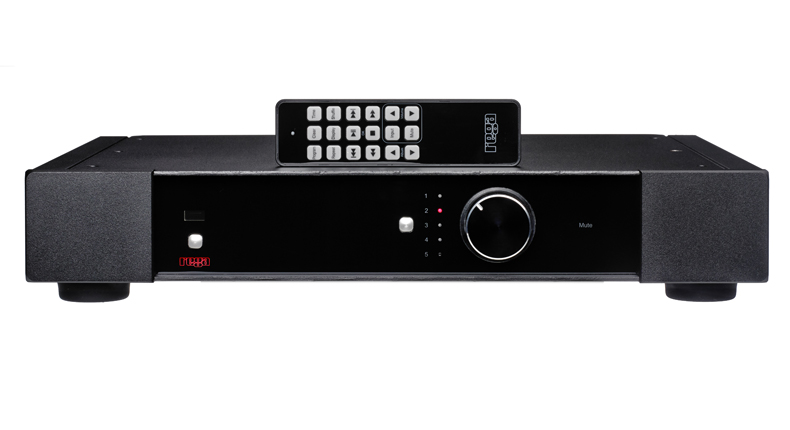
But such an articulate source needs its detailed and rhythmic performance preserved along the chain, and in the Rega Elex-R the Azur 851N finds an ideal playmate.
Think of this integrated amp as a more muscular Brio and you’re pretty close to the mark. By using that as a base, and adding circuit elements from the unquestionably talented Elicit-R into the mix, Rega has created one of the most talented amplifiers we’ve heard at this price.
As well as its muscle, the Elex-R (like the Azur 851N) delivers a fast, agile sound that’s as rhythmically surefooted as we’ve heard at this level – and that can’t be stressed enough.
Even if all you want is a traditional stereo amplifier, it remains on sure ground. There are no digital inputs - instead it integrates a good-quality MM phono stage, one that’s talented enough to make the most of £1000 turntable packages like Rega’s own Planar 6 or the Clearaudio Concept.
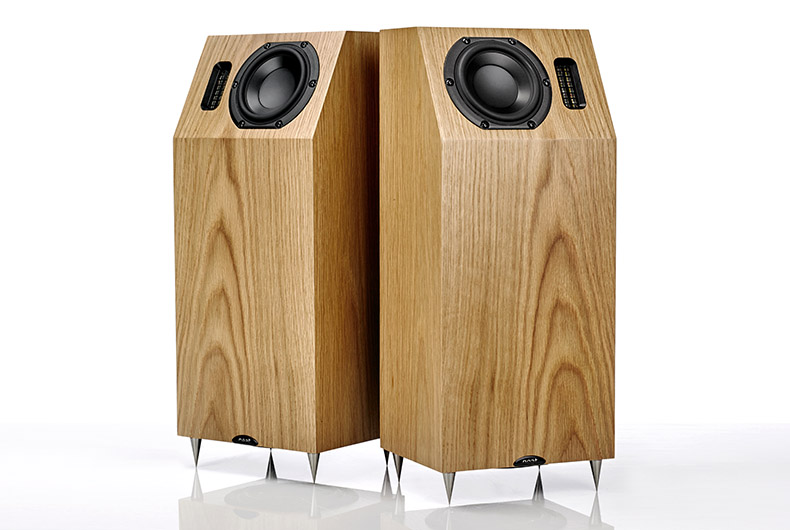
There’s no value in such an entertaining performance from your source and amplifier if you’re going to dampen it with your choice of speakers, of course. But there's no chance of that happening with Neat’s Iota Alphas.
They sound as fun as they appear. They’re odd-looking things, thanks to the mixture of knee-high stature and strangely angled appearance, but are as expressive as they come and time just as impressively.
A 50mm magnetic/planar tweeter sits alongside a 10cm polypropylene mid/bass unit. They’re in a sealed compartment (in an effort to help integration with the downward-facing 13.5cm pulp paper bass unit). Bass is augmented by a rear-firing port.
The three drivers are linked through a relatively simple crossover using first- and second-order slopes for filtering. All the components are hard-wired to maintain sonic integrity, and include Mundorf capacitors and air core inductors.
Connection is limited to a single pair of high quality terminals. Some may bemoan the lack of biwiring possibilities, but the fuss-free attitude of these Neats is reinforced by the singular connection.
There are some distinctive spikes in the packaging. You’ll need these because they set the gap between bass driver and floor, and so to a large extent govern the quality of the low frequencies. And take care when you lift the speakers out of the box - that bass unit is exposed and it’s easy to damage.
If you were thinking short speakers mean a soundstage aimed at your knees, you’d be wrong. That angled baffle helps throw the sound upward, resulting in a surprisingly expansive and spacious presentation that wouldn’t be out of place from rivals twice the height. There’s a good amount of precision here, and the presentation stays stable even when the music becomes demanding.
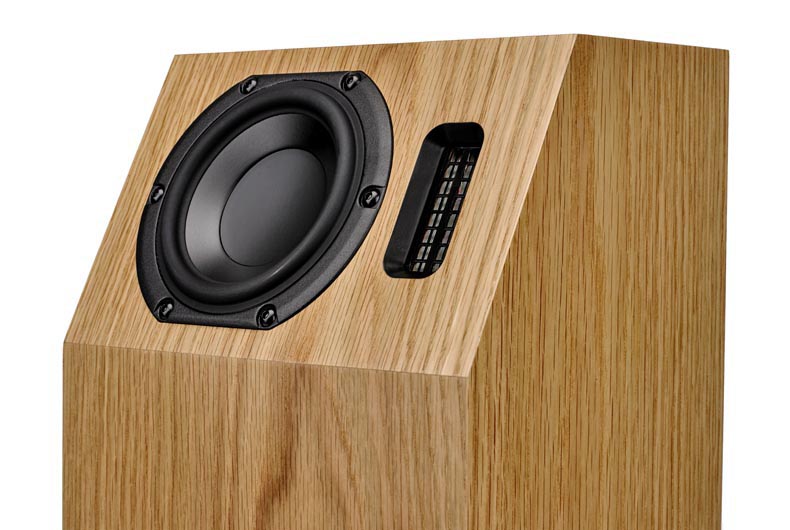
The Alpha’s presentation is wonderfully cohesive - the three drivers integrate seamlessly, and the sound is appealingly robust. Dynamics are strong too, with larger-scale dynamic shifts handled with confidence even at higher volumes.
Tonally, these speakers aren’t wholly even - but the deviation isn’t enough to worry us. Once we start listening, the Neats' ability to capture the essence of the music grabs our attention much more than any tonal shortcoming.
Stevie Wonder’s Superstition shows off the Iota Alphas' excellent handling of rhythms. It’s surefooted, and communicates the drive of the music superbly.
While there is a good amount of low-frequency action it’s fair to say larger, similarly priced traditional floorstanders will dig deeper and hit harder. It's unrealistic to expect such compact speakers to fill a larger room properly, but in a small-to-medium space they’re fine for anything below nightclub levels.
If you thought expensive hi-fi meant dour, expressionless performances meant to have audiophiles stroking their chins as they obsess over detail and insight, these three have the personality to prove you wrong without forgoing any of the maturity necessary for deep listening.
As a team, they dig deep into the emotion of the music, with sprawling dynamics and a regimented sense of timing. Simply, they combine to present music in the most fundamental way: to entertain and to make us feel.
MORE: 10 of the best songs to test your speakers
Source alternatives
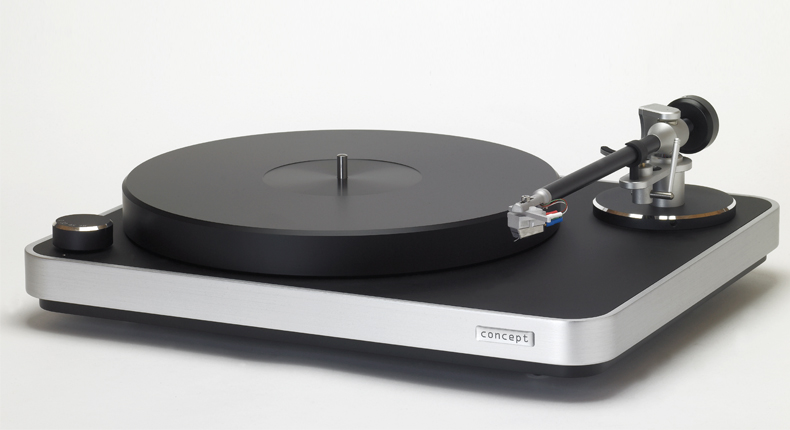
Turntable option
Clearaudio Concept £1000
We can think of few better ways a music lover could spend a grand than on the Concept. The money buys you an incredibly clean, detailed sound with as much rhythmic precision and dynamic awareness as we’ve found at this price.
CD player option
Naim CD5si £1100
Its features might be minimal – no digital outputs, for example – but the CD5si is as musical a CD player as you’ll find at this price. It bends over backwards to deliver an exuberant and enjoyable performance, and throws in rhythmic precision to establish itself as a true all-rounder.
Simon Lucas is a freelance technology journalist and consultant, with particular emphasis on the audio/video aspects of home entertainment. Before embracing the carefree life of the freelancer, he was editor of What Hi-Fi? – since then, he's written for titles such as GQ, Metro, The Guardian and Stuff, among many others.
